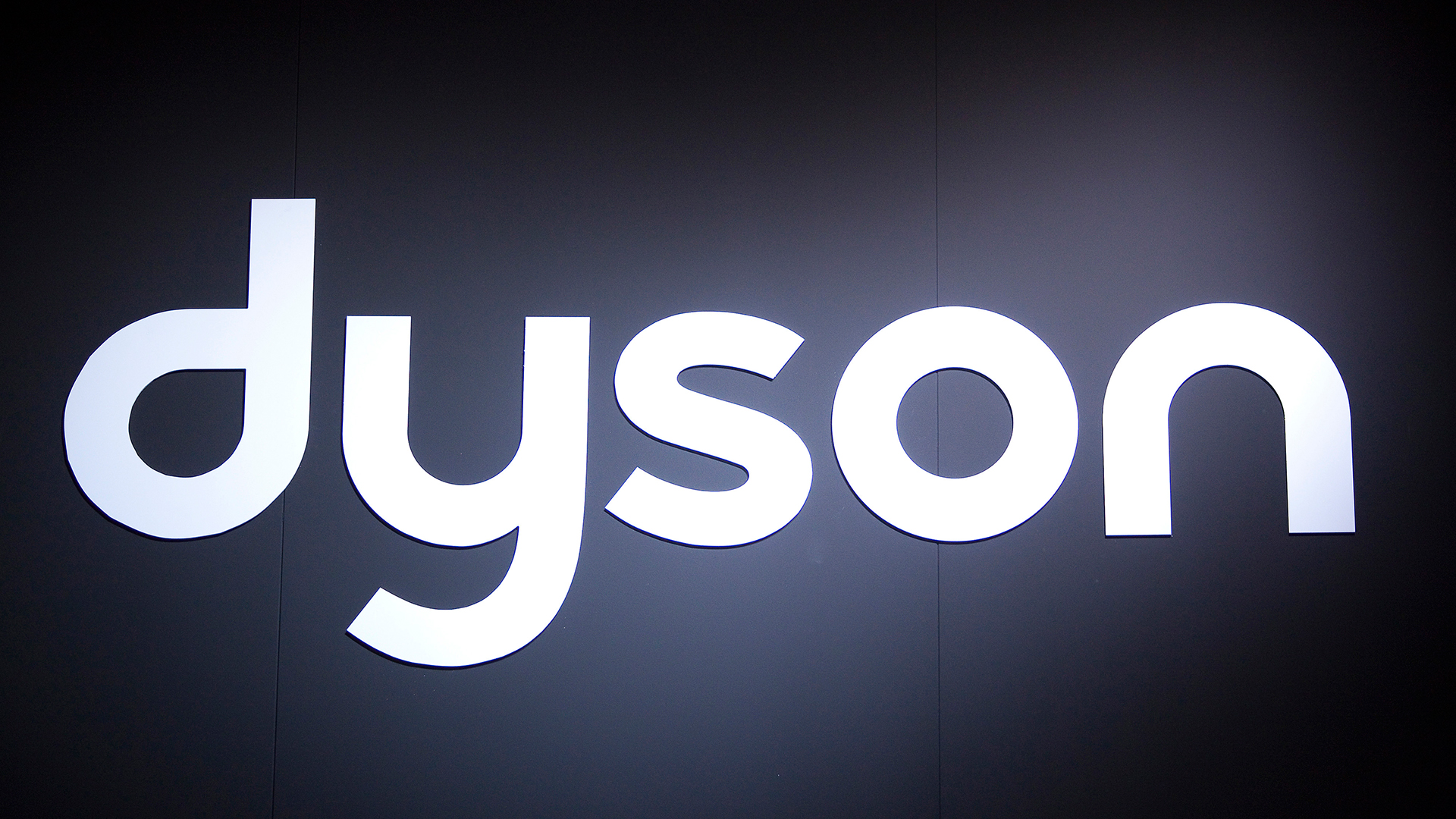

Dyson, the British company best known for its cordless vacuum cleaners, is trying to break into the car business. The company announced last year that it would develop an electric car, but it seems Dyson’s ambitions don’t start there. A new report claims as many as three Dyson electric cars could be in the works.
In September, Dyson announced that it would spend $2.7 billion to put an electric car into production by 2020. Dyson said it would start with a high-end model, but not a sports car. Now the Financial Times reports that Dyson will follow that car up with two more models, which will likely be cheaper and aimed at a more mass-market audience.
Dyson is supposed to set itself apart from the hoard of other electric-car startups by using solid-state batteries, which are expected to offer performance advantages over today’s lithium-ion batteries. But the FT report claims the solid-state batteries may not be ready when Dyson’s first electric car goes into production, so that model might use lithium-ion batteries instead.
While it does take away some of the wow factor of Dyson’s first car, it could prove to be a sensible decision. There are enough variables involved with transitioning from making vacuum cleaners to making cars without throwing a new battery technology into the mix. They may look promising, but solid-state batteries aren’t guaranteed to work. Toyota has admitted to issues with its own solid-state battery program.
Tesla has shown that an electric-car startup doesn’t have to do everything at once; the company has come a long way since the launch of the Roadster 10 years ago. But that long-term commitment also hinges on everything going right. Faraday Future generated lots of hype initially, but it’s now struggling to get even one electric model into production.